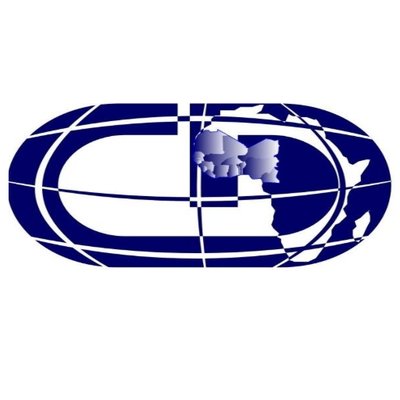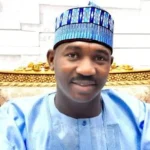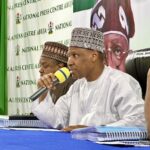The Centre for Democracy and Development (CDD), the French government and other pro-democracy experts have listed lack of pro-democracy documented history as part of the major reasons for the failure of democracy and military coups witnessed in Africa.
They said this on Monday in Abuja at a roundtable and formal launch of the ‘Archiving the Legacy of Nigerian Pro-democracy activism’ website, organised by the CDD, French Institute for Research in Africa (IFRA-Nigeria) and other partners.
Speaking at the event, Dr Barbara Maravich, Director of the IFRA-Nigeria based in the University of Ibadan, said it is very important to understand that history is a very complex thing and that it is not only mainstreaming what the project wants to do and what IFRA absolutely agrees to do.
“It is to show the complexity of the histories, the complexity of the pro-democracy and freedom fighters, which have been there in history since a long time, and this is very important to understand, for the younger generations as well,” Maravich said.
NADECO – Bringing pro-democracy movement into disrepute?
Political culture of impunity as bane of Nigeria’s democracy
She said democracy is a matter of citizenship, but that unfortunately, in many states, not only African states, democracy is just by name, but in reality, people are kept in ignorance and people are not heard.
“So, for me, this initiative is to bring history of the democracy to the people and also I imagine, to let them express themselves about democracy. And that for me is very important. The democratic states must allow people speak and speak loud,” she said.
Also, Saed Hussaini, a research fellow at the CDD, said there are two major ways in which the project will help Nigeria in terms of improving its democracy, which include citizens learning their history.
“I think learning the history of how democracy was achieved, will help us gain a better appreciation for democracy. And I think that’s especially important. In the moment we’re living, where democracy is being questioned in our own subregion of West Africa.
“I think remembering that it took struggles which included ordinary people, which included working people, were not just elite will give us a new value for our democracy.
“I think another important way is in terms of learning practical lessons about how you actually deepen the democracy we have, because the one we have, everybody knows it is not ideal,” Hussaini said.

 Join Daily Trust WhatsApp Community For Quick Access To News and Happenings Around You.
Join Daily Trust WhatsApp Community For Quick Access To News and Happenings Around You.


